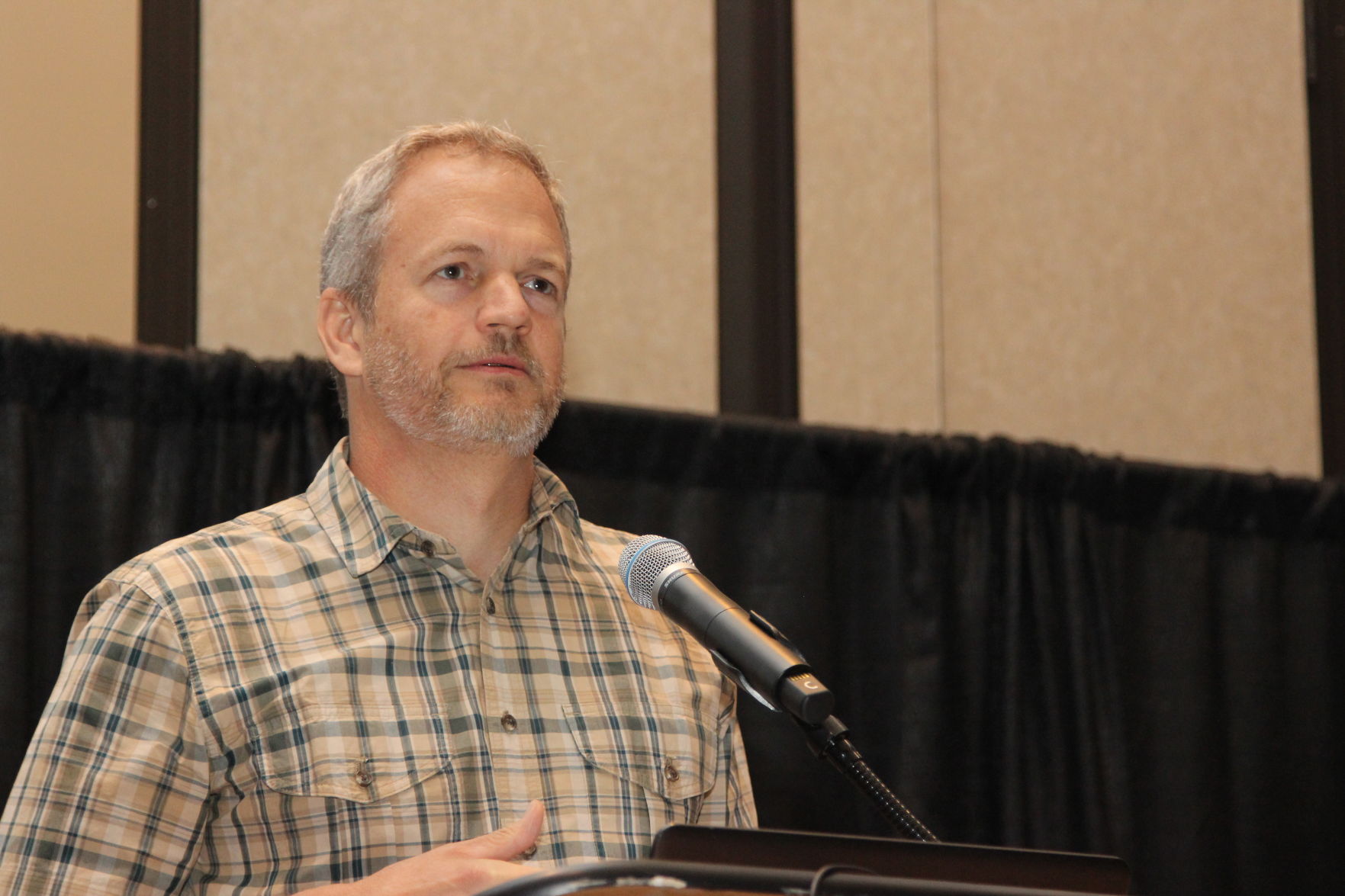David Perry is bringing his entrepreneurial expertise to agriculture after 20 years in software and biopharmaceuticals. As president, CEO and director of Indigo Ag, he and his staff are tackling the challenge of connecting farmers to new microbiome technology to grow stronger, healthier crops as well as providing a new market platform to connect consumers to those crops.
“Some of the biggest problems for the planet are in food and agriculture,” Perry said. “How are we going to feed everyone, while sustaining the environment and providing healthy food for consumers and how to do it in a way that’s also profitable for farmers?” The answer came in 2014, from 13 scientists in a Cambridge, Massachusetts, lab who were studying the plant microbiome and how it affects plant health.
A microbiome is a community of microbes that evolved over time to assist specific plant species in specific locations. They’re found on leaves, in the soil and even inside the plant itself. These microbes can help the plant fight disease, increase nutrient intake and improve water use efficiency.
“We can use these microbiomes to protect plants from stresses in the field and improve their plant health,” Perry explained. “It’s an interesting combination of technology.”
Indigo, through its proprietary process, identifies the microbes in each field that show benefits to plants. The company then creates a seed treatment so the plant can take up the microbes at germination, protecting the plant through its lifecycle.
But Indigo then goes a step farther and helps farmers find markets for their production. It’s matching the goals of farmers and consumers, who have become further and further disconnected from production agriculture, Perry said.
“More than ever, consumers care about where their food comes from and how it’s produced,” he said. “We provide transparency from the farm to the consumer, so they know where their food comes from and how it was grown.
“This is excellent for the farmer too,” he continued. “Instead of just producing a commodity crop, now they have a specialty crop that meets the needs of their consumers.”
It’s exciting to Perry to see the impact Indigo can have on agriculture today and tomorrow.
“Agriculture is stuck,” he said. “Innovation has plateaued across our existing technologies. That disconnects producers and consumers and that disconnect is working against both.” The Indigo process fundamentally can benefit farmers and consumers both, and that’s very exciting to Perry, he said.
Jennifer M. Latzke can be reached at 620-227-1807 or [email protected].



